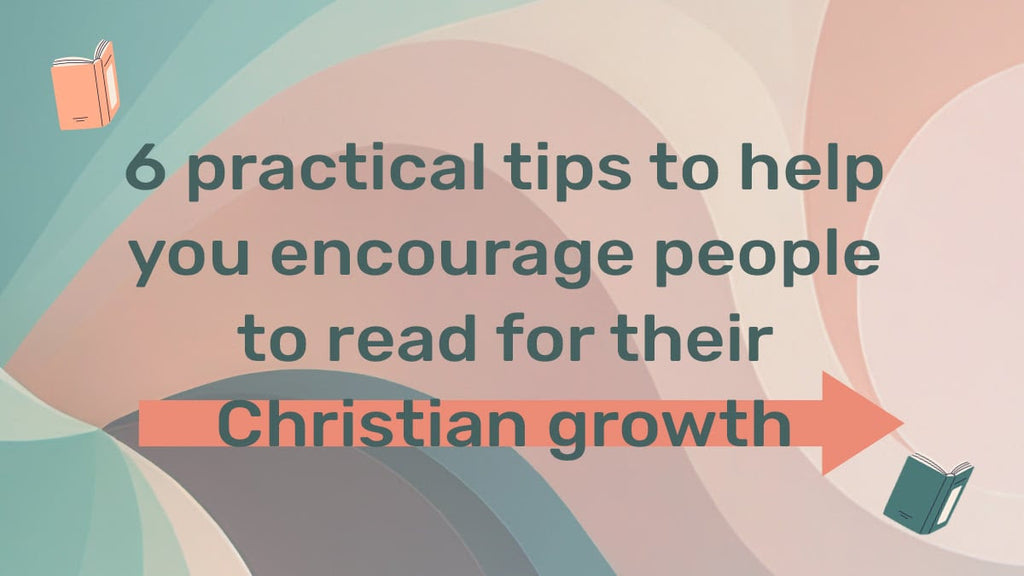Life as a young gospel patron
I was introduced to the idea of gospel patronage through John Rinehart’s book Gospel Patrons (which I’d definitely recommend). It explores the idea of individuals with material wealth, partnering closely with mission leaders and giving their money, time, friendship, etc. to support them in building the visions and dreams that God has given to them. Reading examples of this in both the Scriptures and in the history of the church really resonated with me.
I currently work in the London for an investment bank, and can’t say that I’ve ever felt particularly ‘called’ to go into ministry myself. I’m not convinced it’s the best way that I can serve God using my gifts, or something I would be particularly good at. However, the character of God I see in the Bible is overwhelmingly generous and I want to play my part in sharing that amazing grace. My experience is that giving in this way becomes so much more than just a bank transfer. It’s been life-changing to be truly and deeply involved in God’s vision for spreading the good news and supporting individuals that are working in the mission field, both at home and abroad.
For me this really began in my 20s when I moved to central London and got involved with a church that had a local small group and a particular passion for the local area. Getting to know the leaders behind that vision over the course of the next six years led to moving to a specific area, buying a house there. My husband and I were then part of a team that started a service there. We are planning more services in the area and have many other mission ideas. Giving financially is part of my service, but I think it’s important to be deeply committed in other ways too. Looking back, I can point to ‘gospel patronage’ as a journey I was (and still am) on—but the book and events helped me to really understand what that can look like practically. I am especially inspired by the wonderful examples given in Gospel Patrons of William Tyndale and Humphrey Monmouth. Tyndale was responsible for the translation of the bible into English in the 16th Century and Monmouth, a wealthy merchant, was his gospel patron who stuck by his side to see that work through.
I’m someone that is definitely on the younger end of who you would typically think about as a ‘patron’, so it excites me to think that Tyndale and Monmouth’s relationship didn't start out of nowhere. It began with smaller things that grew into bigger things. Being able to start to delve into gospel patronage at a relatively early stage in my career and in my adult life is extremely rewarding. I’ve been part of something ‘small’ during in my 20s, but I’m excited for what that will evolve into over my 30s, 40s, 50s and beyond.
Gospel patronage also provides a deep meaning to my work. This is crucial for Christians working in a world where money and wealth are idols; it's an incredibly good check to see where our hearts really are. In the Gospels, Simon and Andrew immediately drop their nets when Jesus asked them to follow him. I pray that in our current context we can all get a sense of what that looks like for us.
I think that giving in this season of COVID-19 can take many different forms, whether that’s dropping off food to individuals who have to isolate for a while or prayer over our nation’s leaders, key workers and our communities. And it’s key for us to be present as individuals in our lives and across the globe ask big questions about whether God is there—deep questions about purpose in life.
Then there’s obviously the financial element of giving. Our church set up a relief fund, which I think is something that is really important to support and get behind. Personally, I have been quite insulated from many of the negative impacts of COVID-19, so I definitely feel a responsibility financially to be caring for those more burdened.
Finally there are also strategic elements to contribute to, thinking through what a wind-down from lockdown looks like in a church context. How do we go back to meeting? Can we hold on to some of the benefits we’ve seen from going into lockdown? There have been more and more people engaging with our services through online church. Individuals who wouldn't normally be able to or want to come to sessions or engage with Alpha or other things are trying it from home. How do we hold onto that?
So being a gospel patron at the moment is, as it always is, multidimensional and about relationships. This is a real crunch point, and it’s not time to be stepping back but to be stepping forward.
I’ve recently been reminded by a friend about Isaiah 43:18-19:
Remember not the former things,
nor consider the things of old.
Behold, I am doing a new thing;
now it springs forth, do you not perceive it?
I will make a way in the wilderness
and rivers in the desert.
There’s a real anticipation that comes from that, as a Christian and a gospel patron, thinking about what we can do going forwards that brings new life.
[For more information on the work of gospel patrons, visit gospelpatrons.org, and to find out more about their work in Australia, email Dan McKinlay: dan@gospelpatrons.org]











